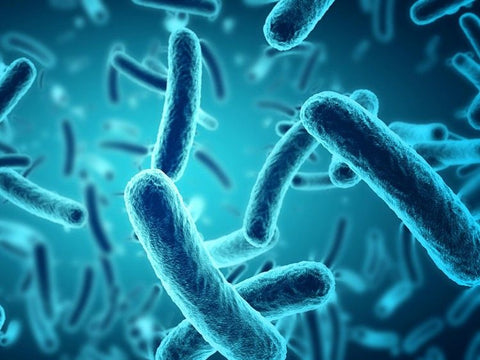Intestinal disorders are more common in summer, both in the form of gastroenteritis and constipation, both of which are closely linked to this time of year . This is largely due to the heat, which encourages food to decompose and, therefore, infections, and also due to the change in schedules and type of food, among other factors.
Gastroenteritis, or diarrhea, causes an increase in stools, which are also liquid. Constipation, on the other hand, causes difficulties with defecation and decreases the number of stools . To avoid these health problems in summer, and especially on vacation, we give you guidelines to prevent and treat them.
Gastroenteritis in summer: Why does it occur?
Heat favors the appearance of this gastrointestinal problem, the main symptom of which is increased bowel movements.
Gastroenteritis can occur in summer for different reasons, including:
Due to intestinal viruses , which are also very contagious. Symptoms include diarrhea for 3-4 days, vomiting, malaise and sometimes a fever of 37 or 38ºC.
Bacteria . In most cases, these are bacteria that are very similar to those found in the intestinal flora. However, in some cases, such as salmonellosis, they are infections caused by bacteria that can cause inflammation of the intestine. An example of this is salmonellosis, which can arise from food contamination. The symptoms are more intense, causing discomfort and, sometimes, high fever and blood in the stool.
Due to microscopic parasites . They can appear due to not washing vegetables well or in well water, although the risk is greater in countries with less perfected water systems.

Signs that may be worrying and to which we should pay special attention:
· When vomiting and the inability to drink prevent the recovery of lost fluids
· The urine is dark in color, the mouth is dry and there is excessive fatigue
· The fever exceeds 38ºC
· Stools have blood
· Diarrhea lasts more than 3-4 days
You should consult a doctor if you have any of these symptoms.
As for diet, doctors tell us that a soft diet has not been proven to be of any use and can be counterproductive. Furthermore, if it is followed, it should not be continued for more than 3-4 days. We should also avoid denser foods, such as meat and legumes.
Finally, rest should be taken and antibiotics should not be taken unless prescribed by a doctor, as they are only useful in bacterial diarrhea. In the case of bacterial diarrhea, it is important to perform a stool culture to try to find out which microorganism is causing the problem, and it is often necessary to administer antibiotics or antiparasitics to resolve the problem.





Comments (0)
There are no comments for this article. Be the first one to leave a message!